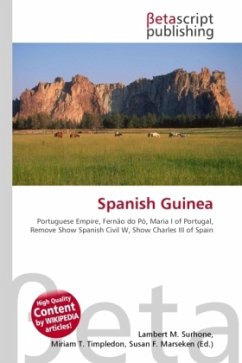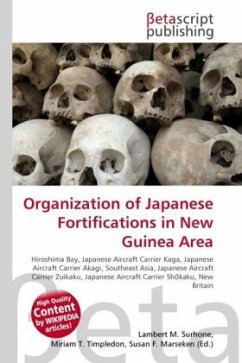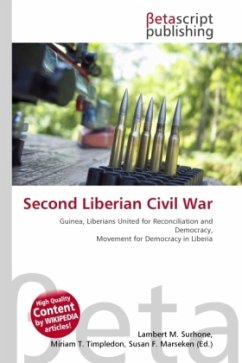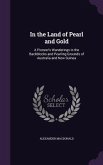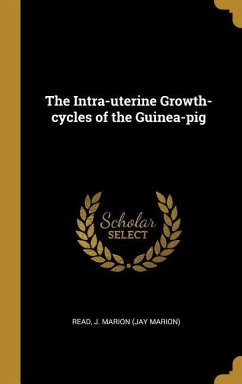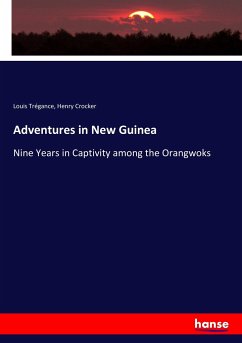High Quality Content by WIKIPEDIA articles! The Portuguese explorer, Fernão do Pó, seeking a route to India, is credited with having discovered the island of Bioko in 1472. He called it Formosa ("Beautiful"), but it quickly took on the name of its European discoverer. The islands of Fernando Pó and Annobón were colonized by Portugal in 1474. The Portuguese retained control until 1778, when the island, adjacent islets, and commercial rights to the mainland between the Niger and Ogoue Rivers were ceded to Spain in exchange for territory on the American continent (Treaty of El Pardo, between Queen Maria I of Portugal and King Charles III of Spain). From 1827 to 1843, Britain established a base on the island supposedly to combat the slave trade. However human trafficking continued through existing networks of slave trade established long before Europeans arrived.
